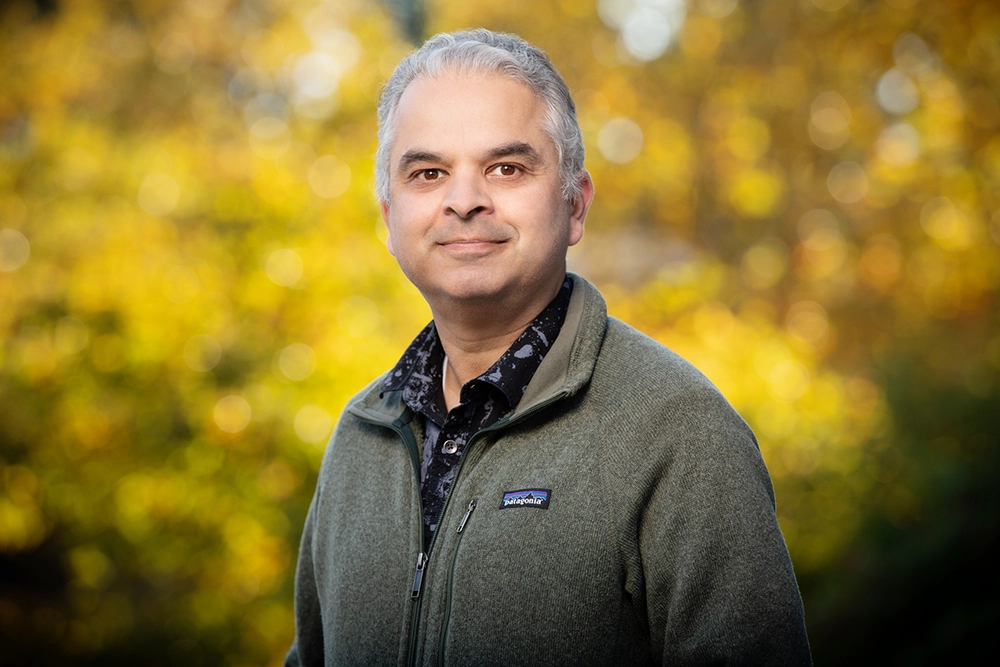
CHAMPAIGN, Ill. — A genomic study of Native peoples in the San Francisco Bay Area finds that eight present-day members of the Muwekma Ohlone Tribe share ancestry with 12 individuals who lived in the region several hundred to 2,000 years ago.
Reported in the Proceedings of the National Academy of Sciences, the study challenges the notion that the Ohlone migrated to the area between A.D. 500-1,000, said Ripan Malhi, a professor of anthropology at the University of Illinois Urbana-Champaign, who led the research with Stanford University population genetics and society professor Noah Rosenberg in collaboration with a team of other scientists and members of the Muwekma Ohlone Tribe. The Muwekma Ohlone Tribal Council requested, contributed to and oversaw the study.
Previous studies of artifacts and language patterns suggested that the Ohlone were relative newcomers to the region. But the genomic research found a deep signal of continuity between the ancient population and the new one, the team reported.
“We analyzed a large number of ancestral remains for DNA preservation and focused on those with the best DNA preservation for this study,” Malhi said. “We also worked with the Ohlone to sample saliva from present-day community members so we could compare the DNA from both groups.”